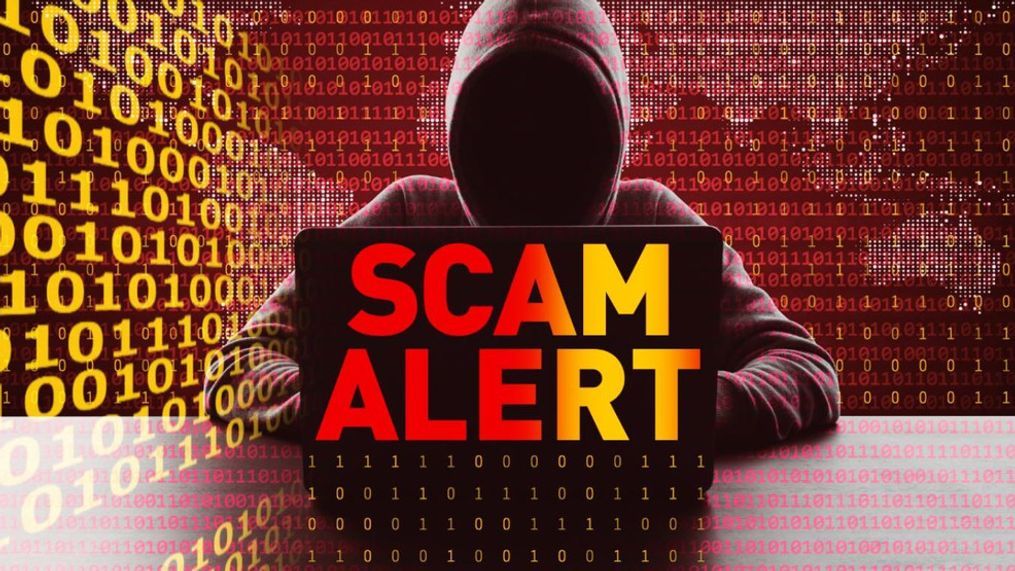What is the E-ZPass Scam?
The E-ZPass scam is a type of fraud where criminals send fake emails, text messages, or phone calls pretending to be from the official E-ZPass toll system. They claim that you have unpaid toll fees and must pay immediately. These messages often look very real, making it easy for people to fall for the scam. Scammers trick victims into sharing their personal information or making unnecessary payments.
How Does the Scam Work?
The scam usually begins with a message that looks official, warning the recipient about an unpaid toll charge. It may threaten fines, penalties, or even legal action if payment is not made quickly. These messages contain links to fake websites that look just like the real E-ZPass site. If a victim enters their personal or financial details, scammers can steal their money or use the information for identity theft.

Common Tricks Used by Scammers:
- Sending fake emails with official-looking logos.
- Text messages with urgent payment requests.
- Fake customer service calls asking for personal details.
- Websites that look like the real E-ZPass portal.
Warning Signs of the E-ZPass Scam
You should be extra careful if you notice any of these signs:
- You receive an email or text about unpaid tolls, but you don’t use E-ZPass.
- The message asks you to pay immediately using unusual methods like gift cards, wire transfers, or cryptocurrency.
- There are spelling or grammar mistakes in the message.
- The link in the message does not lead to the official E-ZPass website.
- The message creates a sense of urgency, making you feel like you must act fast.
How to Avoid the Scam
To protect yourself from E-ZPass scams, follow these simple tips:
- Ignore Suspicious Messages: Do not click on links in unexpected emails or texts claiming to be from E-ZPass.
- Verify Before You Pay: Always check directly with E-ZPass through their official website or customer service.
- Use Secure Websites: Make sure you only log in to your E-ZPass account on their official website.
- Be Careful with Phone Calls: If someone calls claiming to be from E-ZPass, hang up and call the official customer service number instead.
- Monitor Your Account: Regularly check your E-ZPass account for any suspicious activity.
- Never Share Personal Information: E-ZPass will never ask for sensitive details like passwords or bank account numbers through email or phone.
What to Do if You’ve Been Scammed
If you suspect you have fallen for an E-ZPass scam, take these steps immediately:
- Contact Your Bank: Report any unauthorized transactions and ask them to block further charges.
- Change Your Passwords: If you entered your login details on a fake website, update your passwords immediately.
- Report the Scam: Notify the Federal Trade Commission (FTC) and your local police department.
- Check Your Credit Report: If scammers stole your personal information, monitor your credit report for unusual activity.
Official E-ZPass Website
Always use the official E-ZPass website to manage your account, check payments, or ask for help.
Latest Interesting Interview
Conclusion
E-ZPass scams are becoming more common, and scammers are constantly finding new ways to trick people. Staying informed and following safety measures can help protect you from falling victim. If you ever receive a suspicious message regarding unpaid tolls, always verify it directly with E-ZPass before taking any action. Awareness is the key to preventing fraud and keeping your personal information safe.







Leave a Reply